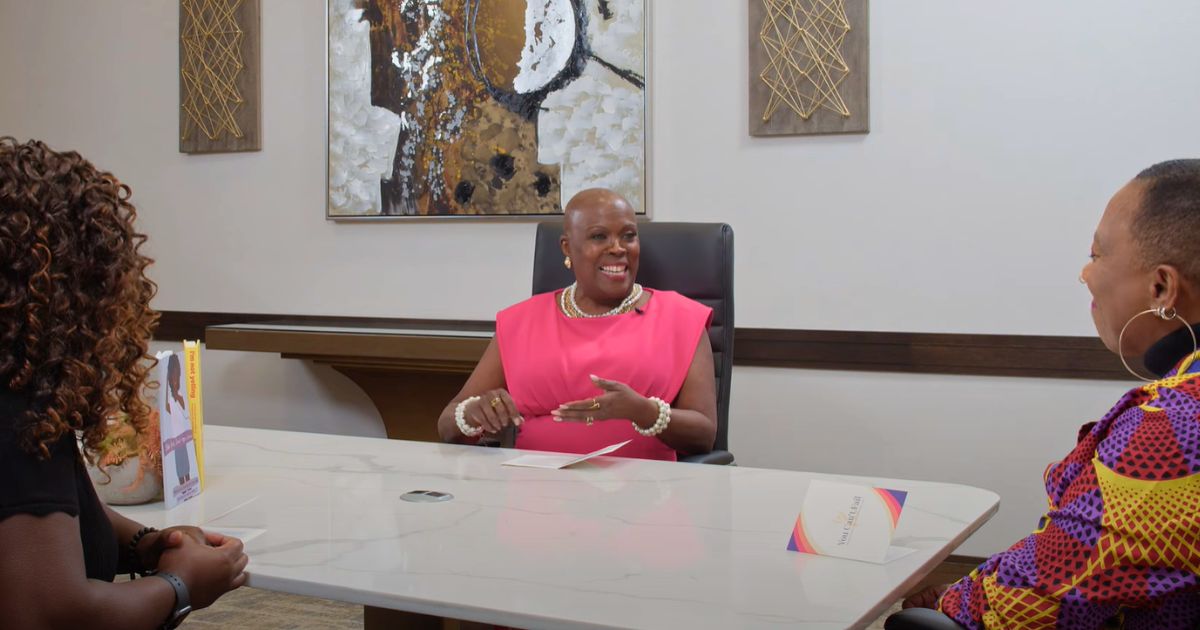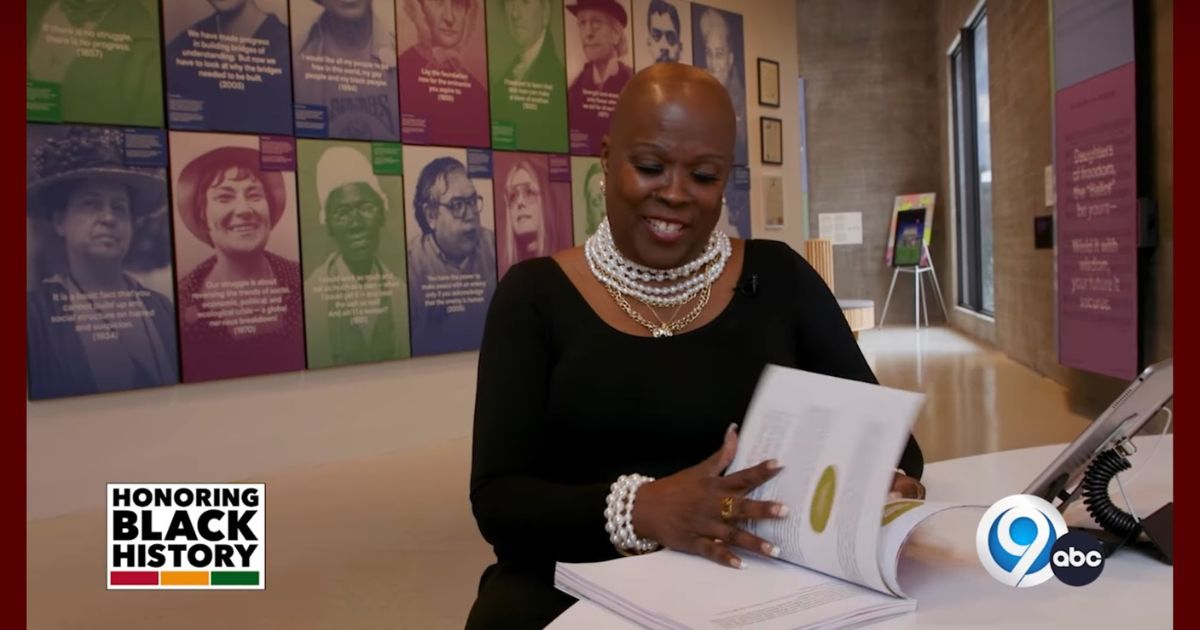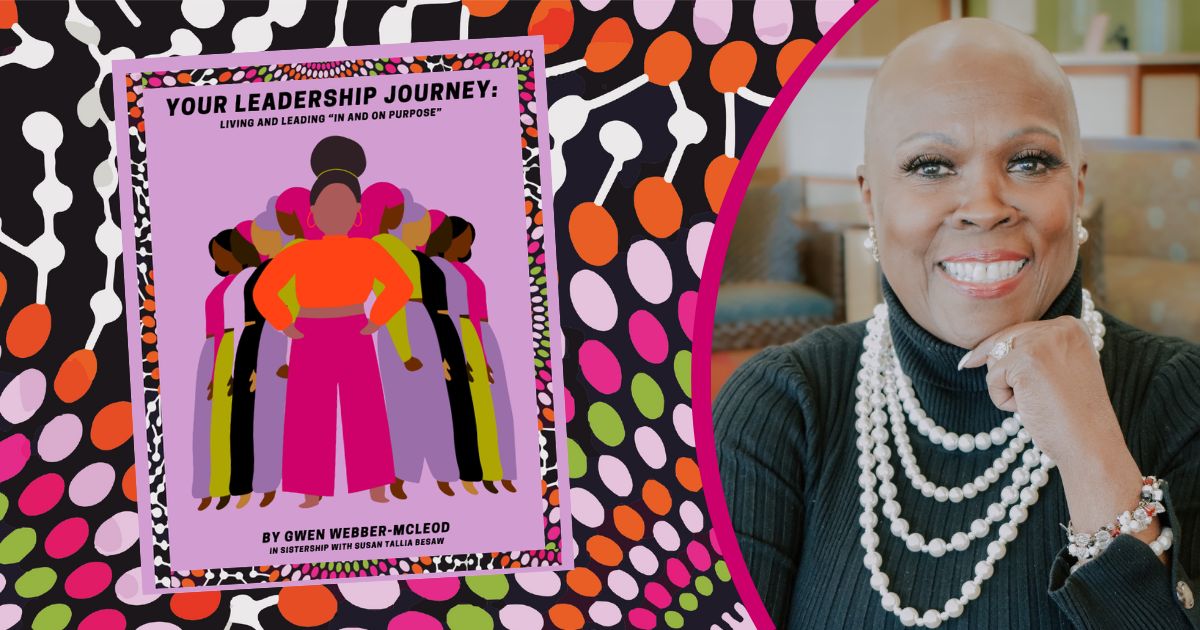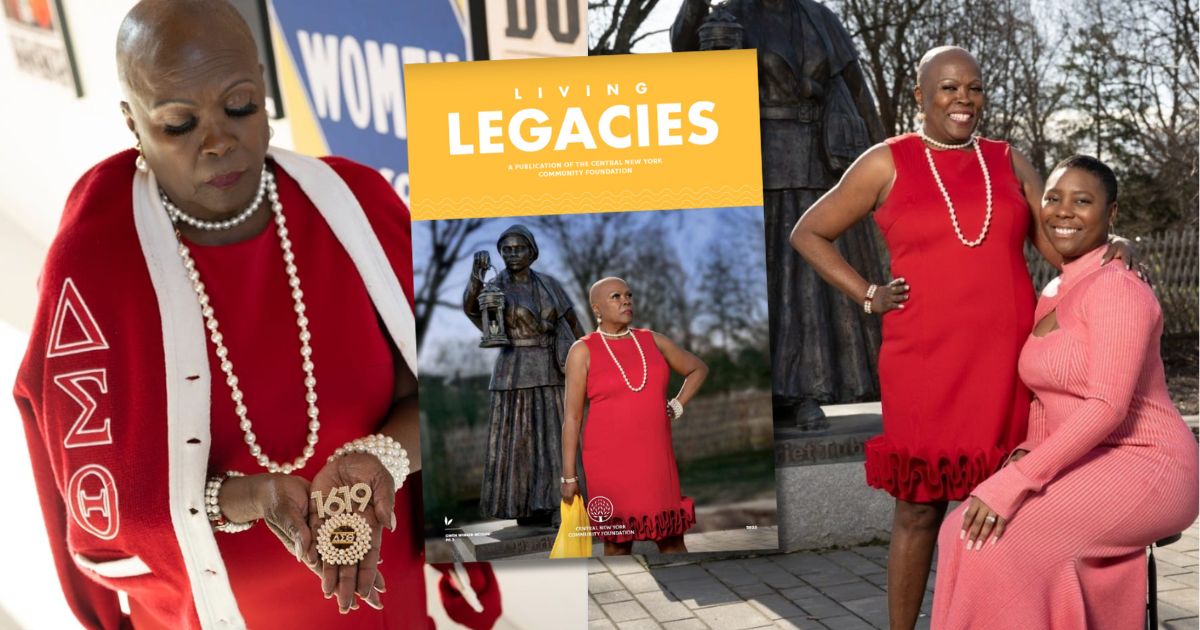When we look back on this year, we may remember 2020 as the year that Diversity, Equity and Inclusion became mainstream. As a team that helps organizations with DEI strategies, we at Gwen, Inc. are seeing an increase in inquiries about initiatives intended to bring organizational practices in alignment with the current climate and the demographic realities of our communities.
Our prospective clients want to do the right thing, both in terms of outcomes and the process to achieve their goals. But they frequently ask—”how do we start a Diversity initiative?” And sometimes they say, “we were thinking of starting with training.”
There is nothing wrong with training, and for those whose lived experience has been privileged, it is often helpful to be introduced to a different perspective through the work of skilled trainers. But it’s not always the best way to start a DEI initiative. Sometimes such programs are viewed as “compliance reminders” and don’t have the power to change minds or hearts. Changing beliefs requires engaging people and creating space for participation. For that, the Gwen, Inc. team often uses structured conversation methods to encourage and enable groups of people to engage in deep and respectful conversation about difficult topics—and diversity is certainly one of those topics. Facilitated conversations can be used early in DEI initiatives to engage employees, volunteers and even community members around important questions.
One large group conversation method that we often use is called World Cafe. It’s a simple process that yields remarkable results. In face to face settings, a room is set up to feel like a comfortable cafe—or a neighbor’s kitchen table. We like to use small round tables so participants can feel equally involved in the conversation. We provide some refreshments. Participants are invited to be seated and get acquainted. We share some ground rules that guide participants how to discuss their views and connect ideas respectfully. On each table is a large sheet of paper and markers to help the group capture their thoughts. Prompted by a thoughtfully designed and powerful question, the table groups of 3-5 participants consider and discuss their responses to the question and capture key ideas on the paper. After 15 or 20 minutes, the participants are asked to change tables so that the conversations can continue with new people. After a few rounds of conversation, we bring the group back together to explore the insights and ideas that emerged from the groups. It’s not uncommon to find that the conversations went deep, and cultivated agreement and creativity. How and why this works so reliably well is the subject of research by Juanita Brown and David Isaacs. Described in their book called The World Cafe.
Even before Covid-19 changed our willingness to engage in face to face contact, many groups turned to videoconferencing tools to enable the World Cafe experience to involve people from different locations around the globe. It was a relatively easy shift to use the World Cafe methodology in a virtual environment, adapting electronic “breakout rooms” to foster the small group dialogue. We can create a hospitable environment online, but the powerful and important questions are the catalysts for success more than a specific environment. The online conversations are as vibrant as those we see face to face, and the outcomes are equally on target.
In our work, we also talk about the importance of relationships—when developing leaders, when supporting DEI efforts, and when considering an important strategic change. Our clients find that these conversations and similar large group methodologies enhance relationships in ways that traditional training has a tough time matching, another key element of successful DEI efforts.
Most DEI initiatives require the same kind of strategic thinking as other changes that organizations undertake. We find that it takes time, dialogue and reflection to embrace new or different ideas. Not everyone adapts to change all at once. An important value of the World Cafe is that it fosters respectful dialogue and creates opportunities for questions and exploration. The initial focus of a DEI initiative is often on the element of diversity, but inclusion and equity are the goals of this work. Conversations where all participants share in the responsibility for creating a productive outcome go a long way toward demonstrating the values that underpin DEI work. When launching or energizing a DEI initiative, a carefully planned conversation is an increasingly important tool.
As we write and post these thoughts, the US is about to engage in the peaceful transfer of power… a powerful idea and practice in our collection of democratic ideals. Yet, too many of us still find the prospect of tolerating, accepting or even appreciating different points of view untenable. Perhaps one way through this is to engage in more dialogue… listening to each other and sharing ideas. Gradually finding common ground. We find it’s a great way to start a new initiative.









